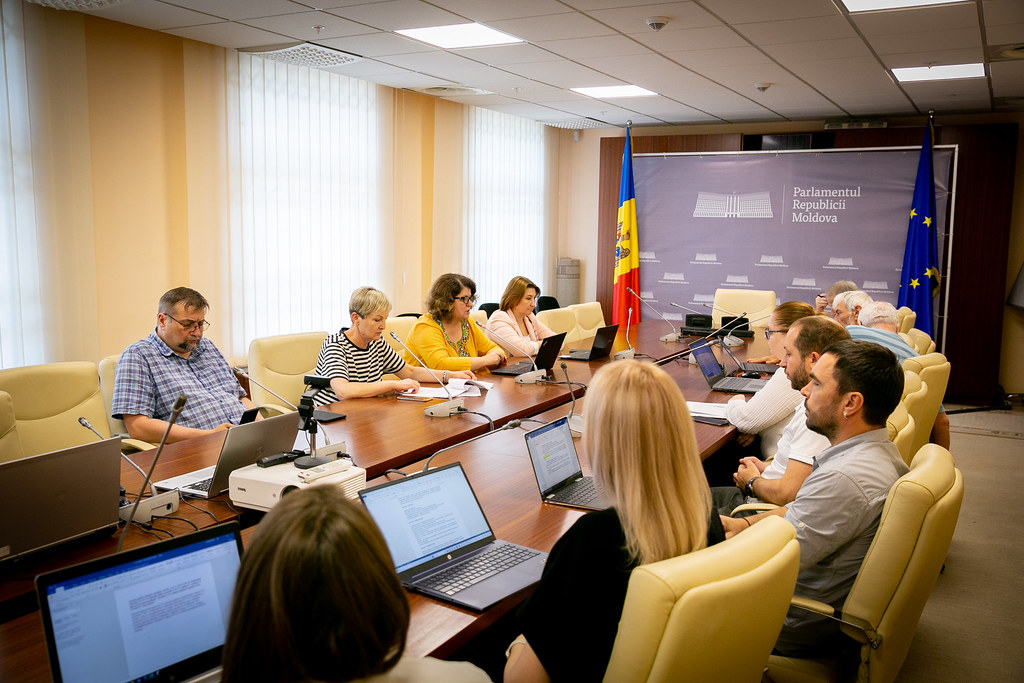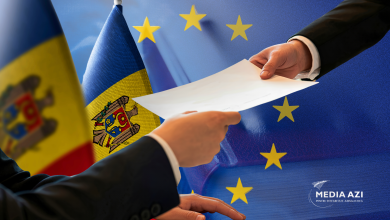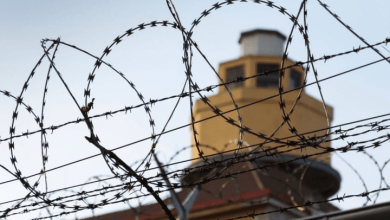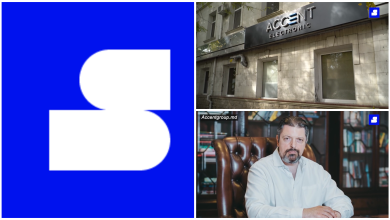The Initiative for Subsidizing the Media at the Stage of Public Consultations. What Does the Project Stipulate?

A mechanism for subsidizing media institutions is about to be adopted in the Republic of Moldova for the first time. The initiative is currently at the stage of public consultations. During the discussions held at the Parliament on June 27, deputies, representatives of the press and non-governmental media organizations discussed the provisions of the document and provided their suggestions for improvement.
According to the media subvention project, the authorities intend to create an institutionally autonomous fund partially financed from the state budget for financially supporting the projects and products developed by the media. The initiative is aimed at developing media pluralism, supporting cultural, educational, and media literacy projects, encouraging coverage of topics and issues of general social interest, supporting journalistic investigations, and improving editorial and economic independence.
The fund will be administered by a council selected by representative media organizations subordinate to the Ministry of Culture, and the financial resources will be allocated from the state budget and donations, sponsorships, and grants from natural and/or legal persons from the Republic of Moldova and abroad. To benefit from the subventions, media outlets shall comply with a series of criteria, including with the Deontological Code for Journalists, operating on the market for at least a year, having no tax debts or insolvency, having no fines higher than 10000 lei from the Broadcasting Council (BC) during the previous year, and regularly publishing financial and activity reports on their webpages.
At this stage, the document also stipulates that the contest for selecting the beneficiaries will be held by the Ministry of Culture on a yearly basis, and that media institutions will apply with projects complying with the list of priority topics regularly compiled by the ministry. The winners will be selected by a Board of Experts. It is a new entity consisting of seven members, four of whom are appointed by the Council of the Press following a contest, and three by the Ministry of Culture. The members of the Board of Experts may be appointed for a five-year term.
The initiative has not been registered by the Parliament. Besides, the criteria according to which the final amount to be offered to each newsroom receiving subventions under this mechanism will be stipulated are not clearly formulated at the moment.
THE DRAFT AT THE STAGE OF DISCUSSIONS
During the public debates held at the Parliament on Tuesday, June 27, Adela Răileanu, vice-president of the relevant commission, described the text as “generalist.” She drew attention to one of the media institutions’ eligibility criteria stipulating that the applicant should not have any fines of 10000 lei or more from the BC for the previous year. “We should not forget that the BC does not monitor the providers permanently. This criterion requires clarifying details, because the BC does not have the capacity to monitor them all the time,” the deputy specified. Adela Răileanu also believes that the Board of Experts has to include representatives of various institutions, not only the persons appointed by the Press Council. “We cannot just give a non-governmental structure the power to elect four members. We should have a wider spectrum,” she explained.
In his reply, Petru Macovei, Independent Press Association (IPA) director, emphasized the need to completely distance the members of the Board of Experts from the political sphere. “This is why it is suggested that the majority of the Board members be selected by the Council of the Press, based on a regulation approved by the Ministry of Culture. There are many press organizations, some are accused of not being impartial enough, some others are not, but the Council of the Press is a self-regulatory structure currently undergoing the process of legal registration. This is an aspect related to journalistic ethics,” he mentions.
As to the limit of the BC sanctions as an eligibility criterion for subventions, Ion Bunduchi, Electronic Press Association (APEL) executive director, regards it as a signal to media institutions that they could count on financial support only if they comply with “the natural course of a media organization.” “If you have five BC sanctions a year and load the Board of Experts with your projects, the functionality of this law would be affected. The eligibility threshold for the BC fines can be increased up to 60000 lei, but you cannot demand the money from the state unless you follow the rules for a media institution,” the media expert emphasizes.
During the public consultations, issues related to the management of subvention budgets, transparency and fairness of decision-making, equity in accessing funding from both the local and national press, and challenges of various types faced by media outlets were also discussed. Liliana Nicolaescu-Onofrei, president of the board in charge, asked the media representatives and media experts to provide their suggestions for improving the project by July 4, mentioning that clear functionality of the project, including its budgetary aspects, could be expected from January 1, 2024.
The attempts to support the media via state-managed funds have also existed in the past. According to the current draft law, in 1999, the Parliament adopted the Concept of State Support and Promotion of the Media for 1999-2003, which was the only public policy document of its kind, but it was not implemented. The 2006 Broadcasting Code also included provisions regarding the Broadcaster Support Fund generated from the contribution equal to 1% of each media service provider’s annual turnover. The initiative was not properly managed by the regulatory authority, as the draft law mentions.



